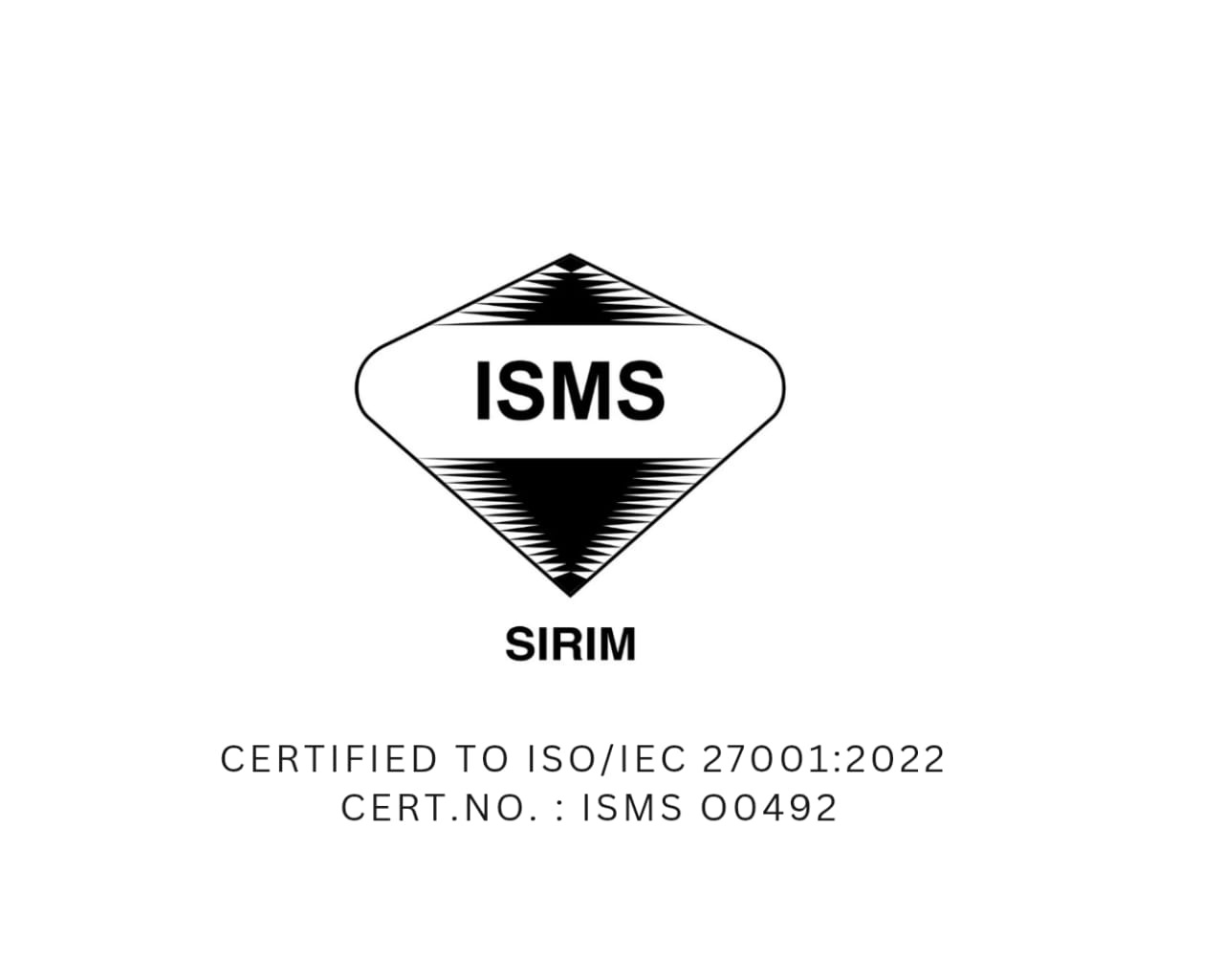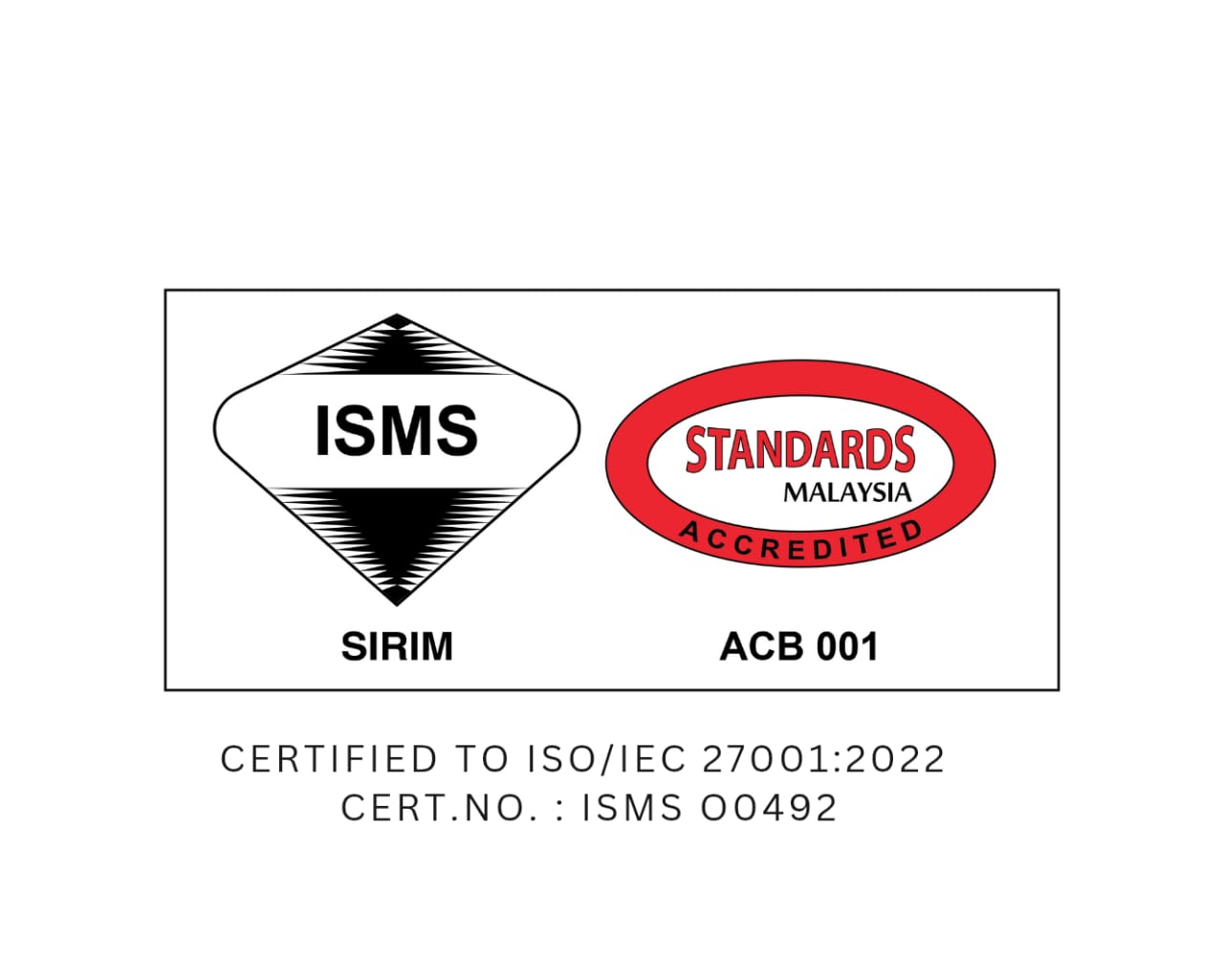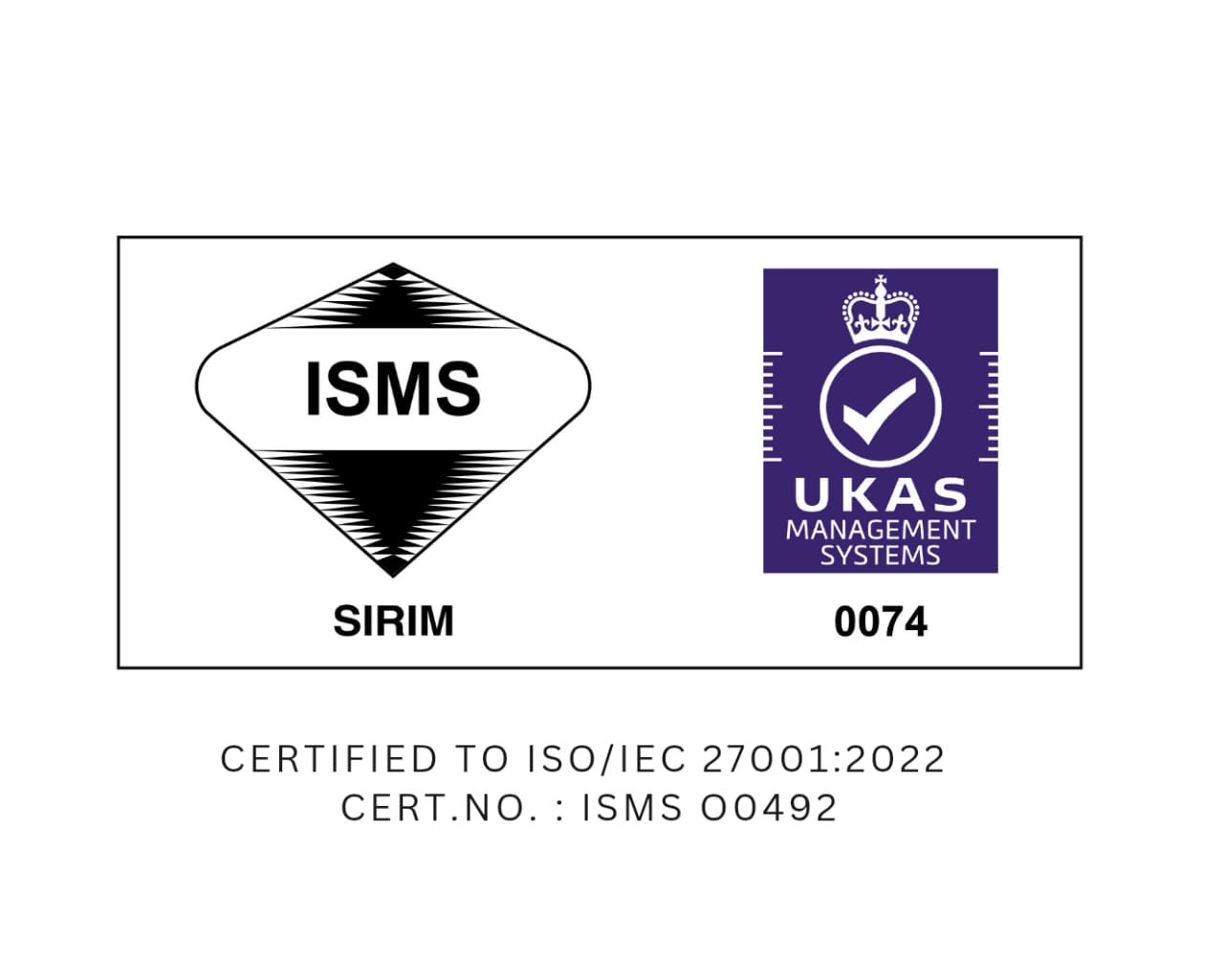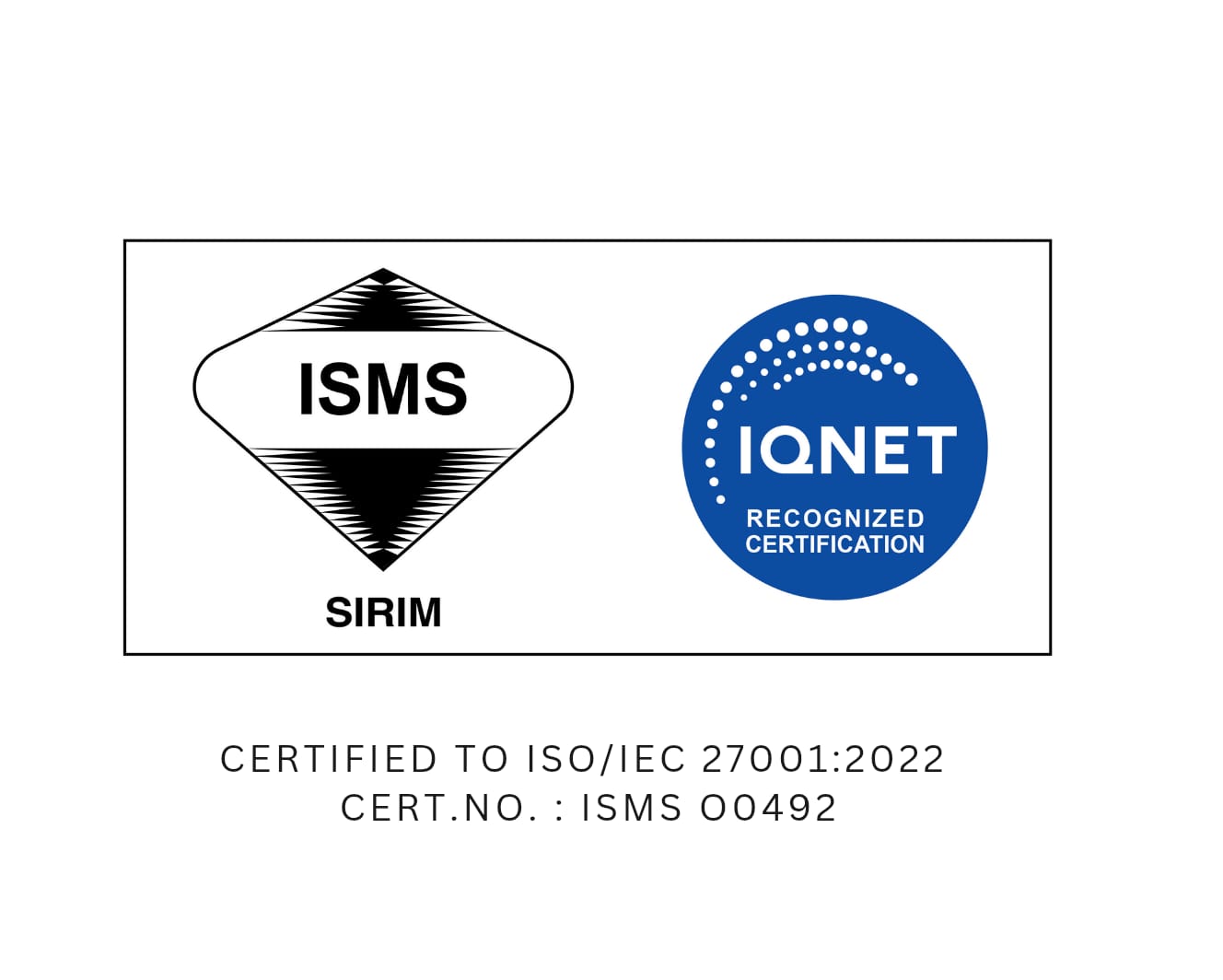
Recognized & Trusted Worldwide
Endorsed by global leaders, our excellence speaks through every certification.










About VENOVOX
VENOVOX is a premier risk management and background screening consultancy offering specialised services in due diligence, security advisory, background checks, and intelligence analysis across Malaysia, the Asia-Pacific regions, and globally.
By leveraging local insight and global capabilities, we support businesses mitigate risk, ensure compliance, and enhance operational effectiveness.


Rooted in Local Expertise, Driven by International Standards
Founded in Malaysia back in 1999 and now headquartered in Texas, USA, VENOVOX has grown into a trusted leader in risk management solutions and background screening services.
We specialize in identifying, assessing, authenticating, and mitigating risks to people, assets, operations, and reputations — empowering organisations to operate securely and confidently in complex environments.
Your Trusted Experts in Background Screening and Risk Solutions
Our enhanced screening process delivers accurate background check results with faster turnaround times – ensuring efficiency without compromising quality.
With a seamless, stress-free experience and a proven track record of precision and timeliness, you can rely on us to support your hiring, verification, and authentication needs.

Our Core Principles
Our Vision
As an ISO 27001-certified company, we connect global security partners to deliver expert ground support and intelligence consulting across APAC and the global region.
Our Mission
We deliver tailored risk management solutions that strengthen resilience, protect operations, and support strategic growth while upholding the highest ethical standards.
Our Values
- Reducing Risk – Proactively identify and mitigate threats
- Supporting Compliance – Ensure adherence to standards
- Enhancing Efficiency – Strengthen processes and boost productivity
"Resilience is not about avoiding risks, instead, it is about responding effectively when they arise."

